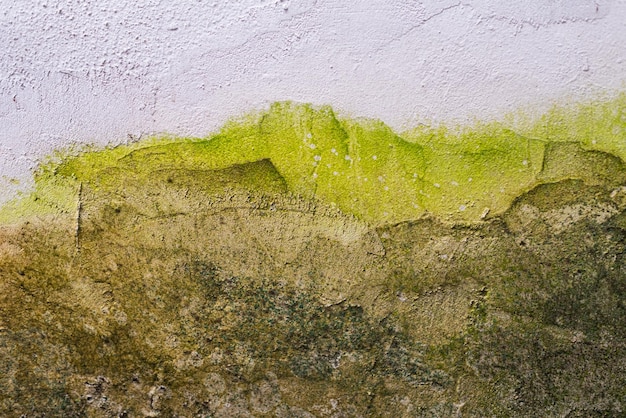
Local Mold Inspectors Trustworthy Experts in Mold Remediation Services
Mold is an unwelcome guest that can cause significant damage to properties and pose health risks to occupants. The importance of professional mold inspection and remediation cannot be overstated, especially in areas prone to moisture and humidity. Local mold inspectors are equipped with the necessary expertise to identify and address mold issues efficiently. Their services play a crucial role in preserving property integrity and ensuring a healthy indoor environment.
Understanding Mold Inspection and Remediation
Mold inspection and remediation are two distinct but interrelated processes. Mold inspection involves a thorough assessment of a property to detect the presence of mold, its type, and the extent of its spread. Remediation, on the other hand, focuses on the removal and treatment of mold-affected areas to prevent future occurrences.
The Role of Professional Mold Inspectors
Professional mold inspectors bring a wealth of knowledge and experience to the table. Their roles include:
- Conducting comprehensive inspections to identify mold sources and affected areas.
- Utilizing advanced technology and equipment to detect hidden mold.
- Providing detailed reports on the findings and recommended remediation strategies.
- Ensuring compliance with safety and health regulations during the inspection and remediation process.
These experts are essential in mitigating mold-related issues effectively. Explore further insights here about the importance of professional intervention.
Benefits of Hiring Local Mold Inspectors
Opting for local mold inspectors offers several advantages:
- Quick Response Time: Local inspectors can provide prompt services, crucial for minimizing mold damage.
- Familiarity with Local Conditions: Understanding the local climate and common mold types helps in tailoring effective solutions.
- Personalized Service: Local experts offer a personalized approach, taking into account the specific needs of the property and its occupants.
- Community Reputation: Local inspectors often rely on their reputation within the community, ensuring high-quality service and customer satisfaction.
Read more about this topic and why local expertise matters in mold remediation. Find additional information here.
Steps in the Mold Remediation Process
The mold remediation process typically involves several key steps, ensuring comprehensive treatment and prevention of mold issues. These steps include:
- Initial Assessment: Inspectors evaluate the property to determine the extent and source of mold contamination.
- Containment: Areas affected by mold are isolated to prevent further spread during the cleaning process.
- Filtration: Air filtration systems are used to capture mold spores and improve air quality.
- Removal: Mold-infested materials are carefully removed and disposed of according to safety guidelines.
- Cleaning and Sanitization: Remaining surfaces are cleaned and sanitized to eliminate any residual mold spores.
- Restoration: Any damaged areas are repaired or replaced to restore the property to its original state.
Learn more in this detailed guide on the mold remediation process here.
Choosing the Right Mold Inspector
When selecting a mold inspector, consider the following factors:
- Certification and Credentials: Ensure the inspector holds the necessary certifications and licenses.
- Experience: Look for professionals with a proven track record in mold inspection and remediation.
- References and Reviews: Check reviews and ask for references to gauge past client satisfaction.
- Insurance: Confirm that the inspector is insured to protect against any potential liabilities.
Choosing the right professional can make a significant difference in the effectiveness of mold remediation. Read more about this topic for tips on selecting a qualified mold inspector.